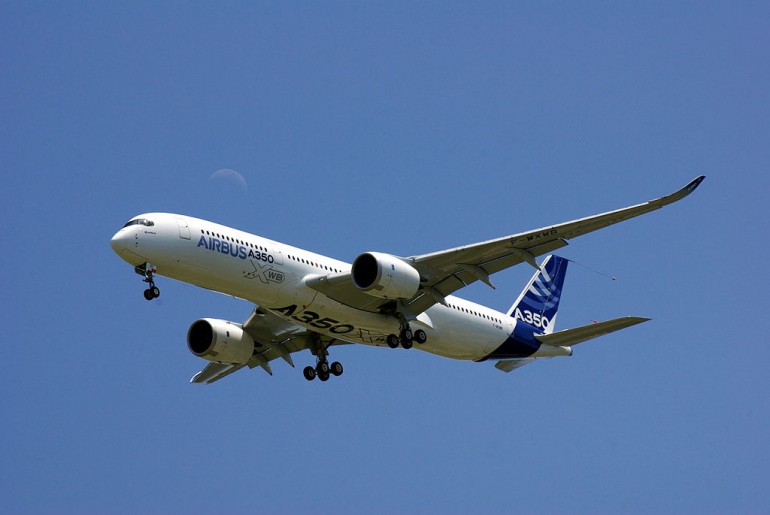Sponsored Listings:
Iran Air and Airbus have signed a firm contract for 100 aircraft, building on an initial commitment signed in January 2016 in Paris.
The agreement, signed by Farhad Parvaresh, Iran Air chairman and chief executive, and Fabrice Bregier, Airbus president and chief executive, covers 46 A320 Family, 38 A330 Family and 16 A350 XWB aircraft.
Deliveries will begin in early 2017.
“I am delighted that we have reached an agreement to go to the next decisive phase and start taking delivery of new aircraft.
“I am gratified that this new round of cooperation with Airbus has come to fruition and brought us closer with more practical steps to follow for Iran Air’s fleet renewal.
“Iran Air considers this agreement an important step towards a stronger international presence in civil aviation.
“We hope this success signals to the world that the commercial goals of Iran and its counterparts are better achieved with international cooperation and collaboration”, said Parvaresh.
The Airbus contract follows a similar deal with Boeing earlier this month.
Both aircraft manufactures are keen to firm up partnerships with Iran Air before president-elect Trump takes office in the United States, potentially altering America relations with the Middle Eastern country.
“This is a landmark agreement not only because it paves the way for Iran Air’s fleet renewal,” said Bregier.
“Our overall accord includes pilot training, airport operations and air traffic management so this agreement is also a significant first step in the overall modernisation of Iran’s commercial aviation sector.”
The agreement is subject to US government Office of Foreign Assets Control export licences which were granted in September and November 2016.
These licenses are required for products containing ten per cent or more US technology content.
Airbus coordinated closely with regulators in the EU, US and elsewhere to ensure understanding and full compliance with the JCPOA.
Airbus will continue to act in full compliance with the conditions of the OFAC licences.
The agreement follows the implementation of the JCPOA (Joint Comprehensive Plan of Action), its associated rules and guidance and included new commercial aircraft orders as well as a comprehensive civil aviation package.
The package includes pilot and maintenance training, supporting the development of air navigation services, airport and aircraft operations and regulatory harmonisation.
Sourse: breakingtravelnews.com










